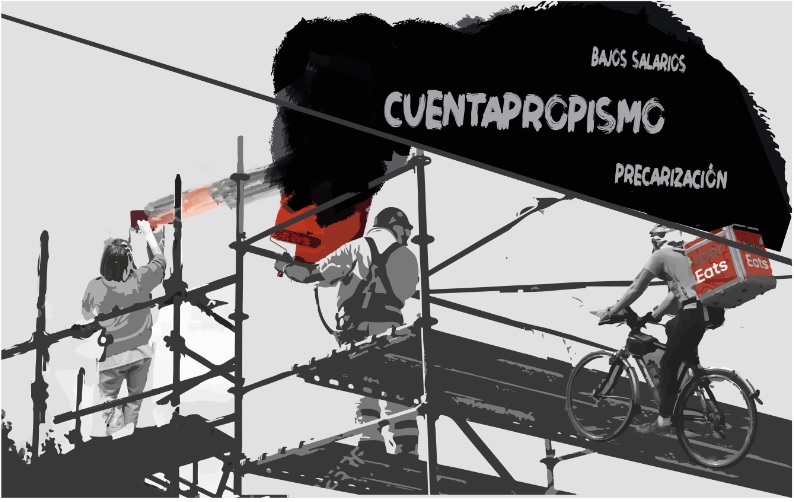
Mariano González is a sociologist specialized in the labor “market”, and a member of the LID Workers Observatory. This Monday he went on the FM La tribu program “That’s missing” to talk about the labor reform that Milei seeks to implement. Although there is still no official project, the issue occupies centrality on the national political agenda. For the government it is a central issue of this new stage.
*For González it is necessary to take into account the conditions of the labor “market” and also “think about what aspects of labor reform were The government has already tried to introduce: the labor chapters of DNU 70at the end of 2023, which were later stopped by Justice, and the labor chapters later incorporated into the Bases Law. I mention it because it is important to see the trajectory of the government, but also the argument that its spokespersons and the business sector repeat: that a counter-reform of these characteristics would be the way to generate quality employment. The truth is that, almost two years after the start of the La Libertad Avanza government, all labor indicators worsened.
Between the end of 2023 and mid-2025, almost 200,000 formal jobs were lost: 100,000 in the private sector, 70,000 in the public sector and about 20,000 in private household workers.
Among the changes that have already been implemented, González pointed out that “The trial period was extended: it went from 3 to 6 months. The question is whether that generated more registered work. The answer is no. The only thing it produced was an intensive use of job rotation, especially among young people who are entering the labor market for the first time. They have them on a six-month trial, with no promise of formalization, and when the term ends they replace them with new ones in the same condition.”
And he added that a severance fund in the style of the UOCRA modelwhere every month it is contributed to a fund that functions as compensation at the end of the employment relationship. “But this change had to be incorporated into the sectoral agreements, something that never happened. Even the government criticized the businessmen for not using it, telling them that the government gave them all the freedom to make contracts tailored to their needs and that they had done nothing.”
“Besides, fines for unregistered work were eliminated. And it is worth clarifying that this did not generate more formal employment either. Today informality is around 40% of the workforce.”
Source: www.laizquierdadiario.com

